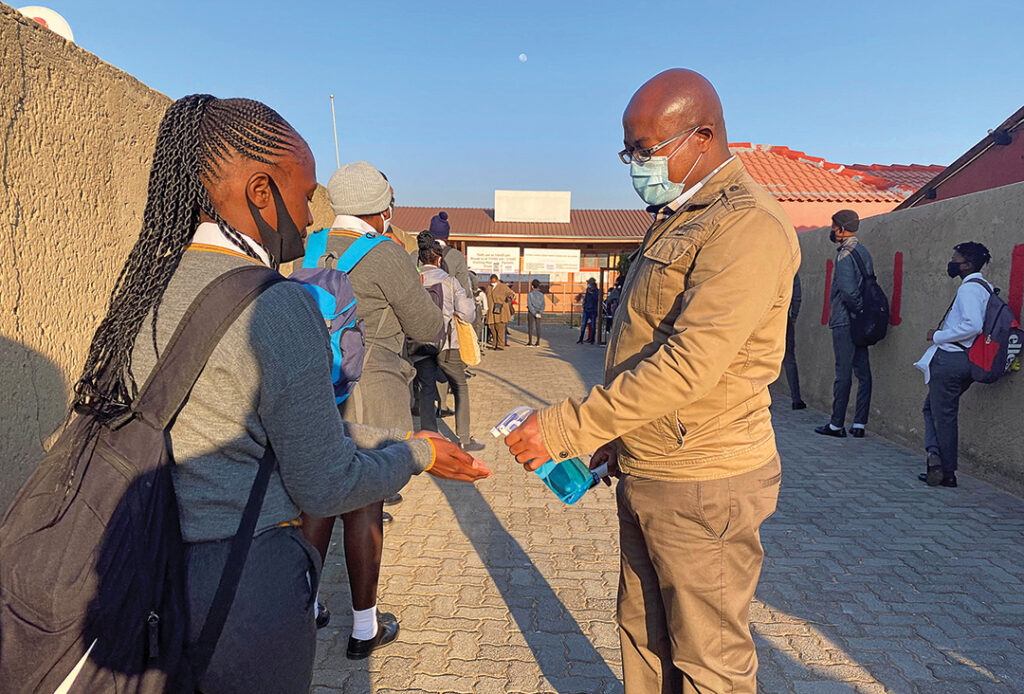 Tijjani Muhammad Bande of Nigeria, president of the 74th Session of the United Nations General Assembly, spoke May 20, 2020, as part of the Africa Dialogue Series on “COVID-19 and Silencing the Guns in Africa: Challenges and Opportunities.” His comments have been edited to fit this format.
Tijjani Muhammad Bande of Nigeria, president of the 74th Session of the United Nations General Assembly, spoke May 20, 2020, as part of the Africa Dialogue Series on “COVID-19 and Silencing the Guns in Africa: Challenges and Opportunities.” His comments have been edited to fit this format.
COVID-19 has brought such disruption as never experienced since the creation of the United Nations. I extend my deepest sympathies to those who have lost loved ones due to COVID-19 and wish those battling the virus a fast and full recovery.
The challenges posed by this disease are multidimensional and can only be effectively tackled by galvanizing multilateral action to collectively ensure the mitigation of its health and socioeconomic impact. This can happen with active partnerships.
A firm and coordinated response is important to ensure that among other things, the pandemic does not negatively affect our plan to silence the guns in Africa.
It is, however, important that in our rapid response to the pandemic and in our long-term planning, we address the development-peace nexus and uphold human rights. As we experience socioeconomic hardships due to COVID-19, we must continue to pay attention to the needs of the most vulnerable because they often experience greater hardship during difficult times. As most families lose their income during this hardship, governments around the world must continue to prioritize the socioeconomic and mental well-being of their citizens, as these are key to silencing the guns anywhere, especially in Africa.
We cannot allow unemployment and exclusion to undermine our efforts for peace. We must also reverse the deepening inequalities that affect all minority groups, putting an immense strain on them and pushing them deeper into poverty and hunger.
We must also prioritize food assistance programs and assistance to farmers and food producers to ensure food security for the people we serve. As millions of children in Africa depend on school feeding programs, there is need to ensure that we do not allow this pandemic to cut food supplies.
We also must ensure continuity of education for students in Africa and prioritize the integration of information and communications technology in education when we are addressing infrastructure needs. People under the age of 25 represent the largest demographic group in most developing countries and are most vulnerable to radicalization, so we must take urgent action to ensure that the pandemic does not open the door to an increase in extremist recruitment.
Existing debt challenges paired with the economic and financial shock caused by COVID-19 undermine the public and external debt sustainability of a wide range of countries. Given these, preventing a series of disorderly defaults and widespread debt crises is of the utmost importance. It is in this regard that debt standstill and/or cancellation and other measures are put in place to address COVID-19 fallouts.
We will be defined by our actions, and I urge you to act now to build a better future and a better world for all.

